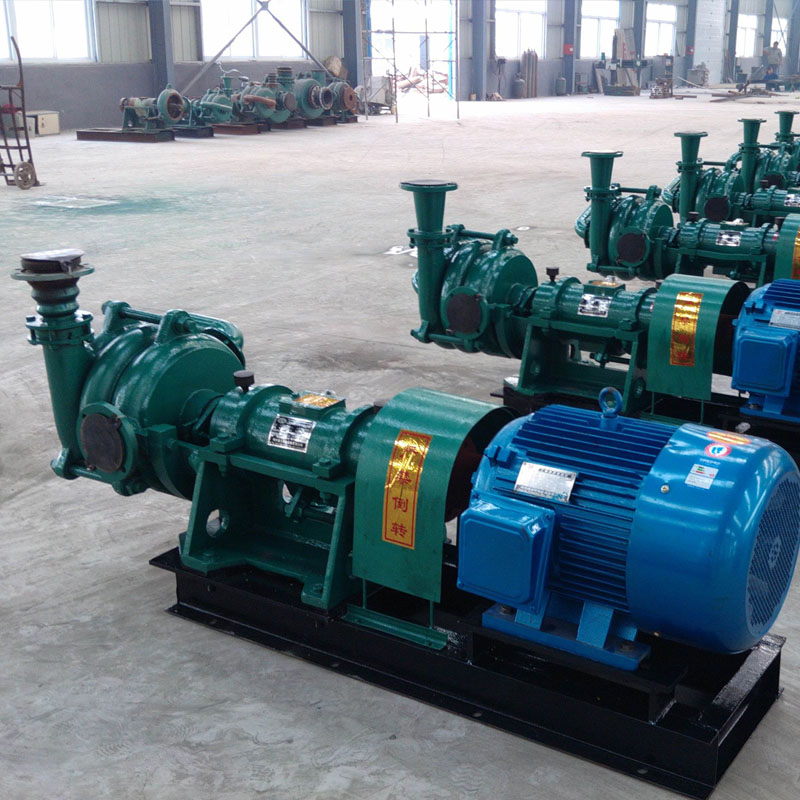English
- Afrikaans
- Albanian
- Amharic
- Arabic
- Armenian
- Azerbaijani
- Basque
- Belarusian
- Bengali
- Bosnian
- Bulgarian
- Catalan
- Cebuano
- Corsican
- Croatian
- Czech
- Danish
- Dutch
- English
- Esperanto
- Estonian
- Finnish
- French
- Frisian
- Galician
- Georgian
- German
- Greek
- Gujarati
- Haitian Creole
- hausa
- hawaiian
- Hebrew
- Hindi
- Miao
- Hungarian
- Icelandic
- igbo
- Indonesian
- irish
- Italian
- Japanese
- Javanese
- Kannada
- kazakh
- Khmer
- Rwandese
- Korean
- Kurdish
- Kyrgyz
- Lao
- Latin
- Latvian
- Lithuanian
- Luxembourgish
- Macedonian
- Malgashi
- Malay
- Malayalam
- Maltese
- Maori
- Marathi
- Mongolian
- Myanmar
- Nepali
- Norwegian
- Norwegian
- Occitan
- Pashto
- Persian
- Polish
- Portuguese
- Punjabi
- Romanian
- Russian
- Samoan
- Scottish Gaelic
- Serbian
- Sesotho
- Shona
- Sindhi
- Sinhala
- Slovak
- Slovenian
- Somali
- Spanish
- Sundanese
- Swahili
- Swedish
- Tagalog
- Tajik
- Tamil
- Tatar
- Telugu
- Thai
- Turkish
- Turkmen
- Ukrainian
- Urdu
- Uighur
- Uzbek
- Vietnamese
- Welsh
- Bantu
- Yiddish
- Yoruba
- Zulu
Telephone: +86 13120555503
Email: frank@cypump.com
Jul . 31, 2024 10:16 Back to list
Optimizing Performance and Efficiency of Centrifugal Slurry Pumps for Industrial Applications and Processes
Understanding Slurry Pumps The Centrifugal Approach
When it comes to handling abrasive and viscous mixtures in various industrial applications, slurry pumps play a crucial role. Among the different types of slurry pumps available, centrifugal slurry pumps have gained prominence due to their efficiency and reliability. This article delves into the workings and applications of centrifugal slurry pumps, highlighting their importance in sectors such as mining, construction, and wastewater management.
What is a Slurry Pump?
A slurry pump is specifically designed to transport a mixture of liquid and solid particles, known as slurry. This mixture often consists of water combined with various materials such as sand, gravel, coal, or even chemical sludges. Unlike standard pumps, which are primarily designed to move liquids, slurry pumps need to accommodate the added complexity of solid particles, which can be abrasive and heavy.
The Working Mechanism of Centrifugal Slurry Pumps
Centrifugal slurry pumps operate on the principle of converting rotational kinetic energy to hydrodynamic energy. This is achieved through a rotating impeller that draws the slurry into the pump and expels it through a discharge pipe. As the impeller spins, it creates a centrifugal force that pushes the slurry outward, allowing it to flow through the pump system.
One of the key features of centrifugal slurry pumps is their ability to handle high solids concentrations with varying particle sizes. The design of the impeller and the pump casing are crucial, as they can determine the pump's efficiency and longevity. High-chrome alloys and rubber linings are commonly used in the construction of these pumps to enhance resistance to wear and corrosion.
Applications of Centrifugal Slurry Pumps
slurry pump centrifugal

Centrifugal slurry pumps find application in several industries, each benefiting from their robust design and operational efficiency. In the mining industry, these pumps are used to transport mineral slurries from extraction sites to processing plants. They are adept at handling coarse particles, making them indispensable for tasks like ore slurry disposal and tailings management.
In the construction sector, centrifugal slurry pumps are utilized for dewatering processes, where groundwater or surface water must be removed from excavation sites. Their ability to move dense slurry consisting of water and sediment makes them effective for maintaining dry working conditions.
Moreover, in wastewater treatment facilities, these pumps play a critical role in the removal of sludge and other solid waste materials. By efficiently transferring these byproducts, centrifugal slurry pumps help maintain the smooth operation of treatment processes.
Advantages of Using Centrifugal Slurry Pumps
Centrifugal slurry pumps offer several advantages that contribute to their widespread use in various applications. Firstly, their design allows for continuous operation, which is essential in high-demand industrial settings. They also tend to require less maintenance compared to other pump types, which can be crucial for minimizing downtime and operational costs.
Additionally, centrifugal slurry pumps are capable of handling large volumes of slurry, making them ideal for high-capacity applications. Their adaptability to different pumping environments further enhances their utility, as many models can be configured to meet specific operational requirements.
Conclusion
In conclusion, centrifugal slurry pumps represent a vital component of modern industrial processes. Their ability to efficiently transport abrasive and viscous slurries has made them indispensable in sectors like mining, construction, and wastewater management. With continuous advancements in materials and design, these pumps are set to enhance their performance and reliability, ensuring that industries can meet their operational challenges head-on. As we look to the future, the importance of understanding and optimizing slurry pump technology will only continue to grow, paving the way for more effective and sustainable industrial practices.
-
Horizontal Split Case Pump with GPT-4 Turbo | High Efficiency
NewsAug.01,2025
-
ISG Series Pipeline Pump - Chi Yuan Pumps | High Efficiency, Durable Design
NewsAug.01,2025
-
Advanced Flue Gas Desulfurization Pump with GPT-4 Turbo | Durable & Efficient
NewsJul.31,2025
-
ISG Series Vertical Pipeline Pump - Chi Yuan Pumps | Advanced Hydraulic Design&Durable Construction
NewsJul.31,2025
-
ISG Series Vertical Pipeline Pump - Chi Yuan Pumps | Energy Efficient & Low Noise
NewsJul.31,2025
-
pipeline pump - Chi Yuan Pumps Co., LTD.|High Efficiency&Low Noise
NewsJul.31,2025










